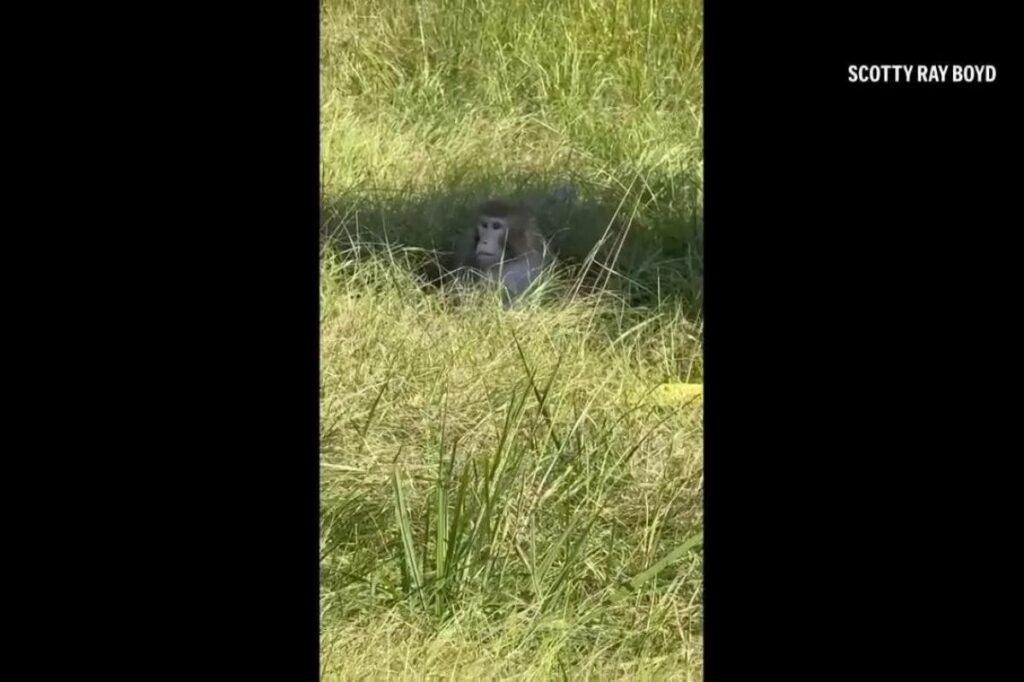Chaos on Mississippi Highway: Three Research Monkeys Still at Large After Truck Crash
After a truck carrying Rhesus monkeys overturned in Mississippi, three aggressive animals remain on the loose, raising urgent questions about transportation safety and public risk.

On a quiet stretch of Interstate 59 near Heidelberg, Mississippi, a truck accident has unleashed an unsettling crisis with national security implications. Three Rhesus monkeys—medical research animals known for their aggressive behavior—remain unaccounted for after the transport vehicle overturned, sparking concerns that go beyond local roads.
Initial chaos and confusion surrounded the incident as first responders reported all but one escaped monkey had been neutralized. However, later assessments by Tulane University officials revealed that three monkeys narrowly evaded capture. Despite early claims from the trucking crew warning of infectious diseases among the primates, Tulane clarified the animals posed no biohazard, though their aggression still demands swift containment.
Why Are America’s Borders and Roads This Vulnerable to Such Risks?
This incident exposes glaring weaknesses in regulatory oversight of animal transport—a domain where federal and state agencies must enforce stringent safety protocols. The lack of clear information about ownership, origin, destination, and purpose of these lab animals signals disturbing opacity in a sector crucial to medical science yet fraught with risk if mishandled.
The fact that this occurred just 100 miles from Jackson reveals gaps in highway safety enforcement and emergency preparedness. How many safeguards failed before this accident? And how long will Washington continue to let bureaucratic inefficiency jeopardize public safety on our own soil?
Real Threats Demand Real Accountability
Beyond the immediate danger posed by aggressive primates roaming free near highways populated by families and commuters lies a larger question about national sovereignty over biomedical research logistics. Tulane University’s statement distancing itself from ownership or transport responsibilities only highlights the fragmented nature of control over these live shipments.
For American citizens concerned about freedom and security amidst growing government overreach elsewhere, these kinds of preventable incidents signal an urgent need for transparent processes rooted in common-sense conservatism: holding entities accountable while safeguarding public welfare without unnecessary panic.
- Are states prepared to enforce tighter regulations on high-risk cargo?
- Can agencies improve communication so communities aren’t left in the dark?
- Will federal leadership prioritize protecting everyday Americans over red tape?
This episode is not merely a story about lost laboratory monkeys but a wake-up call highlighting systemic vulnerabilities that undermine our nation’s stability and safety.
The road to solutions demands vigilant oversight grounded in America First principles—preserving national sovereignty by ensuring any biomedical transport meets rigorous standards enforced with transparency and accountability.
